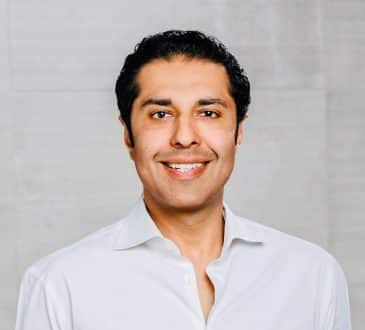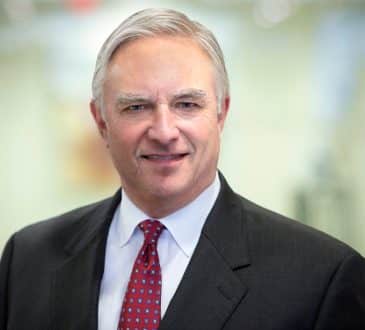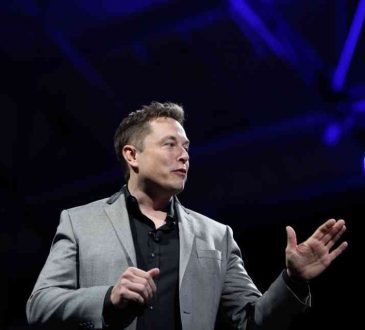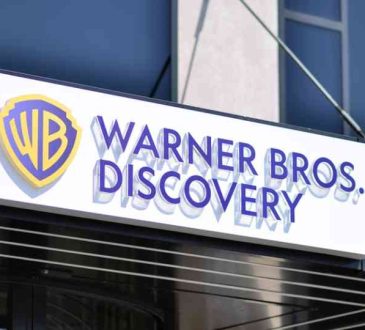How Effective Decision Making During the Pandemic Can Make or Break Your Executive Career

In this troubled time of the COVID-19 coronavirus pandemic, making wise career decisions is more important than ever before. To make good decisions, you need to ask the right questions. The answers may feel uncomfortable, and it’s critically important to sit with this discomfort and face it fully, rather than wish it away and hope for the best.
Consider Tom. He made a major career decision to leave his position as chief information officer at a large manufacturing firm to become the founder and CEO of a company to provide software that helps manufacturers improve the quality of their manufacturing process.
He made his choice after talking to his friend Emma, who left her chief technology officer position in a mid-size healthcare company to found a company two years before Tom made his choice. When they met up for drinks a couple of months before Tom’s decision, Emma regaled Tom with exciting tales of investor meetings and scaling her business.
Initially after launching his business, Tom felt excited and confident that he could play it by ear. He threw himself into the process of setting up a home office and working on the details of the software he planned to launch.
However, over time, he found himself unmotivated and unproductive. When the initial excitement had worn off, he found himself feeling isolated in his home office. Tom also realized that he only had enough cash to make some good hires, create and start pitching a prototype, and cover his operating expenses for six months.
There was no room for any missteps. Thus, Tom found himself increasingly wondering whether he’d made an effective decision.
Have you ever found yourself pondering that same question about a major career decision?
After all, we tend to be much less rational in our decision-making strategies than we think we are. Fortunately, recent neuroscience and behavioral economics research offers some useful strategies to assess whether you’re making the best business and career decisions.
The Science of Effective Decision Making
Decision science indicates that determining whether you made the best decision starts with your intentions.
You need to paint a clear vision of the outcome you want to see. The more concrete and specific you can make the vision, the better.
For a career decision, ask yourself these questions:
- What are your career goals and aspirations?
- How do you want the world to be different after you make your choice?
- How confident are you that you will look back at it as worth the money, time, and other resources you expended on making this move?
- How would you feel about this decision in the short, medium, and long term?
In answering these questions, you will develop certain expectations about the career decision. Make sure to ask yourself whether these are realistic expectations.
Next, you need to develop a way of measuring whether your intent is addressed and your expectations are met or exceeded with the career move. It’s time to get even more concrete and specific, by putting some numbers on your expectations.
Will you be earning more, the same, or less? Do you have enough saved up to weather any unexpected problems that might arise in this new role? Can this change wait until you are more financially prepared?
You should also put a number on the impact of this choice on your mood. You can evaluate your mood on a scale of 1 (I feel down) to 5 (I feel great) just before you make the career move, and then evaluate your mood again shortly after you make the jump, as well as throughout the transition.
One of the biggest failures in our decision making comes from a cognitive bias called the overconfidence bias. We tend to be excessively confident about the quality of our decisions. As a result, we fail to consider all of the important decision-making criteria that we should think about. To address this problem, it helps to slow down your career decisions and make sure that you consider all the relevant factors in your decision.
A related problem in our decision-making comes from the mental blindspot called the planning fallacy, our intuitive belief that everything will go according to plan. To address the very high likelihood that problems will crop up, you need to consider the possibility of these problems and plan for contingencies.
Evaluating Decision Making: A Case Study
But how would this approach work out in practice?
Going back to Tom’s decision to leave his position as chief information officer to become an entrepreneur, let’s say he determined that his intent is to have enough cash to hire a good team, create and start pitching a prototype, cover his operating expenses for a year, have cash on hand for any emergencies, and not feel socially isolated while setting up his business.
This would mean staying in his current company for one more year so that he can do the following:
- Widen his professional and social network to include more entrepreneurs and possible staff.
- Review the job market to get a better idea of the cost of recruiting the team he wants to hire.
- Plan for the shift from being in an office environment surrounded by people to a home office where he would mostly be by himself, at least initially. He may consider working in co-working spaces during the first few months, until he has an office and team in place.
Expanding his network means that Tom will have a deeper understanding of the skills needed, and contingencies to prepare for, when launching a business. When combined with a better understanding of the job market, he would be able to identify how much cash he really needs to get his business running.
Tom will then be able to efficiently plan how to save this money in a year. He may even be able to squeeze in more consulting work, which will enhance both his networking and money-saving efforts.
In conclusion, if you want to make sure you made an effective career decision, you need to determine a clear intent, develop realistic expectations that address cognitive biases, and then use specific measurements to evaluate whether your decision addresses your intent and matches or exceeds your expectations. The current environment of the pandemic makes it especially critical for you as an entrepreneur to make the wisest decisions to meet your goals.
Written by Dr. Gleb Tsipursky. Have you read?
# Africa’s Billionaires: Richest People In Africa, 2020
# Ranking of the World’s best wedding destinations, 2020
# Ranking of the World’s best-performing companies, 2020
# Ranking of the World’s best hotels for business travelers, 2019, 2020
Add CEOWORLD magazine to your Google News feed.
Follow CEOWORLD magazine headlines on: Google News, LinkedIn, Twitter, and Facebook.
This report/news/ranking/statistics has been prepared only for general guidance on matters of interest and does not constitute professional advice. You should not act upon the information contained in this publication without obtaining specific professional advice. No representation or warranty (express or implied) is given as to the accuracy or completeness of the information contained in this publication, and, to the extent permitted by law, CEOWORLD magazine does not accept or assume any liability, responsibility or duty of care for any consequences of you or anyone else acting, or refraining to act, in reliance on the information contained in this publication or for any decision based on it.
Copyright 2024 The CEOWORLD magazine. All rights reserved. This material (and any extract from it) must not be copied, redistributed or placed on any website, without CEOWORLD magazine' prior written consent. For media queries, please contact: info@ceoworld.biz
SUBSCRIBE NEWSLETTER








